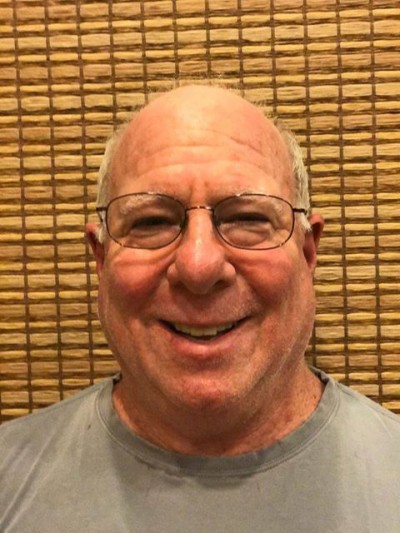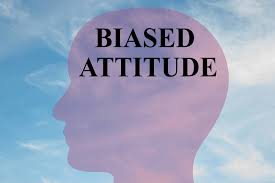These days, I see my possible future self everywhere. Most of the time, it’s the possibilities I’m dreading that jump out at me first. At the gym, there are always some people moving very deliberately and with much more effort than I do. At recent religious services, there were more walkers or wheelchairs parked at the ends of aisles than I ever remember. I encounter more older people driving in what appears to be a very cautious manner. And in the local supermarket checkout line, I’m often behind an older person who seems confused and moves more slowly than everybody else around. I used to just get annoyed and feel imposed upon. Now, I get annoyed and I get scared. One day I might be like that.
I’m not always aware of feeling scared about getting older. Sometimes it’s just an unconscious bias, my own ageism and ableism. And every so often, conscious aging helps me see future possibilities with hope and trust.
Recently, I attended a large birthday dinner for one of my friends. As I expected, I recognized many people I hadn’t seen in a long while, and I enjoyed the quasi-reunion atmosphere. I didn’t remember everybody’s name, so I just admitted that fact and asked for their name. It was a lighthearted and convivial evening.
Then I saw Ellen. Ellen was not a friend, rather an acquaintance whom I’d known mostly through her husband. Ellen was now severely bent over, almost facing the floor and shuffling with a cane. I learned later that she’d had a series of surgeries, but at that moment, from my point of view, all I could see was someone misshapen.
What I realize now, but had no clue about at that moment, was that, to me, Ellen’s physical appearance was disturbing, and it influenced how I judged and treated her. My judgment of her appearance, and my assumptions that flowed from that assessment, affected how I interacted with her. Without realizing it, I didn’t want to be near her or even talk with her. I mistakenly assumed that her conversation would be like the way she appeared to me—misshapen. I averted my eyes. I dismissed her. It was as if an invisible chasm appeared between us, a chasm of my creation.
During the pre-dinner socializing, as I sat on a couch, Ellen approached me from behind and gave me a big “Hello!” For a fraction of a second, I was speechless, and then we had a substantive, animated and comfortable conversation. Thanks to my hearing aids, I could easily understand her. My fears had vanished, the chasm between us had closed.
It wasn’t until the next day that I realized the character of my interaction with Ellen. Although I’m not proud of how I had at first dismissed her, I am glad that I eventually realized it. Now I at least have an opportunity to change my behavior in the future.
As we age, there are some changes that are indeed guaranteed. We just can’t predict or control them. Life is change. Inevitably, if it’s not one thing, it will be another.
Most of us fear and deny our own aging and dying. I may not ever have a stroke or drive slowly or search for the right word (oh, wait, I already do that), but I will change in some ways. That is inevitable. How can I face those changes without fear and denial?
Ageism and ableism inhibit a balanced outlook on our inevitable changes. The changes won’t always be loss. There can also be something unexpected, powerful and meaningful—perhaps even delightful. Although I no longer ride a motorcycle, I just bought a bicycle, and I really enjoy riding it. I started driving an electric car, and it’s really fun. After two previous careers, I think I’m having some positive impact in my community through doing things I never even pictured 10 years ago. And one year ago, I had major heart surgery, from which I am recovering smoothly. Unexpected, yes. Dreadful, no.
I’m trying to have a more balanced attitude about future changes as I age and to not focus on possible losses. And I’m trying to recognize and appreciate the humanity that I share with other older people, no matter how they act or how they appear to me.

Marc Blesoff was a criminal defense attorney for 35 years, then he began facilitating Conscious Aging workshops, which has helped him melt the armor he’d built up as a defense lawyer. He’s a founding member of Courageus (formerly A Tribe Called Aging), a group of activists and thinkers trying to re-frame our culture’s outlook, policies and fears about aging and dying. Currently, he is the chairperson of the Oak Park, IL Aging-In-Place Commission.



